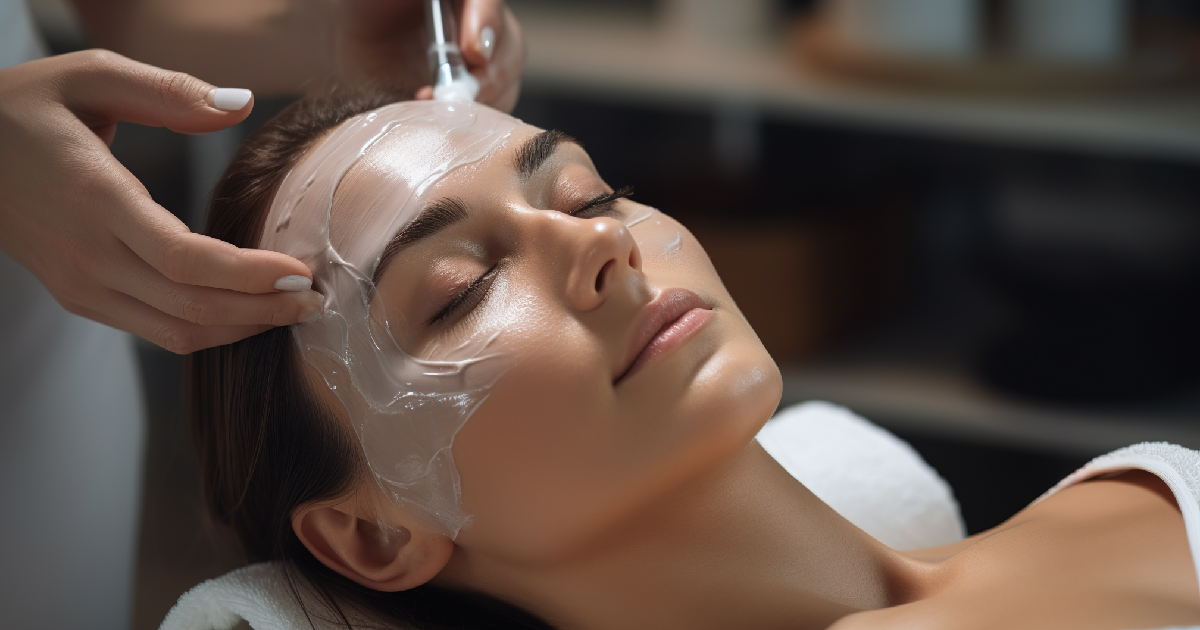How to Choose the Best Sunscreen for Your Skin Type
When it comes to protecting your skin from the harmful effects of the sun, sunscreen is an absolute must. But with so many different types and formulas on the market, how do you know which one is right for you?
Here’s a quick guide to help you choose the best sunscreen for your individual skin type:
Pick According to Your Skin Type
When it comes to sunscreen, not all products are created equal. In fact, there is a big difference between the best sunscreen for your skin type and the worst. It’s important to choose a sunscreen based on your skin type for best results. Consider the following three categories of skin types and how they relate to sunscreen options.
Sensitive
If you have sensitive skin, opt for a sunscreen that is specifically designed for sensitive skin. These sunscreens typically have gentler ingredients that won’t irritate or cause redness.
Oily
If you have oily skin, look for a sunscreen that is oil-free and non-comedogenic (meaning it won’t clog pores). These formulas will help keep your skin feeling matte and looking shine-free.
Dry
If you have dry skin, look for a sunscreen that is hydrating and contains ingredients like glycerin or hyaluronic acid. These will help keep your skin feeling moisturized while still providing sun protection.
Normal or Combination
If you have normal or combination skin, you can pretty much use any sunscreen you want. However, it’s still a good idea to choose one that is oil-free and non-comedogenic, so it won’t clog your pores.
What to Know About Sunscreen SPF
When it comes to sunscreen, the higher the SPF level, the better, right? Not necessarily. In fact, there’s a lot more to know about sunscreen and SPF levels than you might think. Here’s what you need to know:
What is SPF?
SPF stands for Sun Protection Factor. It’s a measure of how well a sunscreen will protect your skin from the sun’s harmful ultraviolet (UV) rays. The higher the SPF number, the more protection it offers. For example, an SPF of 15 filters out about 93% of UV rays, while an SPF of 30 filters out about 97%.
How Long Does SPF Last?
SPF only lasts for a certain amount of time. Depending on the product, it will usually last between two and three hours. After that, you’ll need to reapply it to continue being protected. If swimming, you will need to reapply more often.
What About Water Resistance?
Some sunscreens are labeled as “water resistant.” This means they’ll continue to work even after you’ve been sweating or swimming. However, no sunscreen is completely waterproof. You’ll still need to reapply it every two to three hours, even if it’s labeled as water resistant…
What SPF Should I Use?
The American Academy of Dermatology recommends using a sunscreen with an SPF of at least 30. However, the best protection comes from using an SPF of 50.
Keep in mind that no sunscreen is 100% effective. You should still take other precautions to protect yourself from the sun, such as wearing protective clothing and staying out of direct sunlight whenever possible.
Check the Label
When choosing a sunscreen, it is important to check the ingredients list to ensure that it does not contain any harmful chemicals or fragrances. Some sunscreens may have chemicals that can be irritating to the skin, and fragrances can often trigger allergies. If you are unsure about any of the ingredients in a sunscreen, it is best to consult with a dermatologist or other healthcare provider before using it.
There are many brands of sunscreen available that do not contain any harmful chemicals or fragrances, so you should have no trouble finding one that is right for you.
By following these tips, you can find the perfect sunscreen for your individual skin type and make sure you’re protected from head to toe all summer long!
Reverse Sun Damage with These Skin Treatments at AspiraBody
Even if you are diligent about applying sunscreen, you may still end up with some sun damage. If you have sun damage, there are several treatments that can help improve the appearance of your skin:
- Microdermabrasion. Microdermabrasion uses a handheld device to exfoliate the top layer of skin. This treatment can help improve the texture and tone of your skin.
- IPL (intense pulsed light) therapy. This treatment uses short bursts of light to target damaged skin cells. IPL can help improve the appearance of sunspots, age spots, and other types of pigmentation issues.
If you are concerned about sun damage, we recommend that you schedule a consultation with one of our expert aestheticians at AspiraBody. During your consultation, we will assess your individual needs and develop a treatment plan that is right for you. Contact us today to schedule your appointment!





